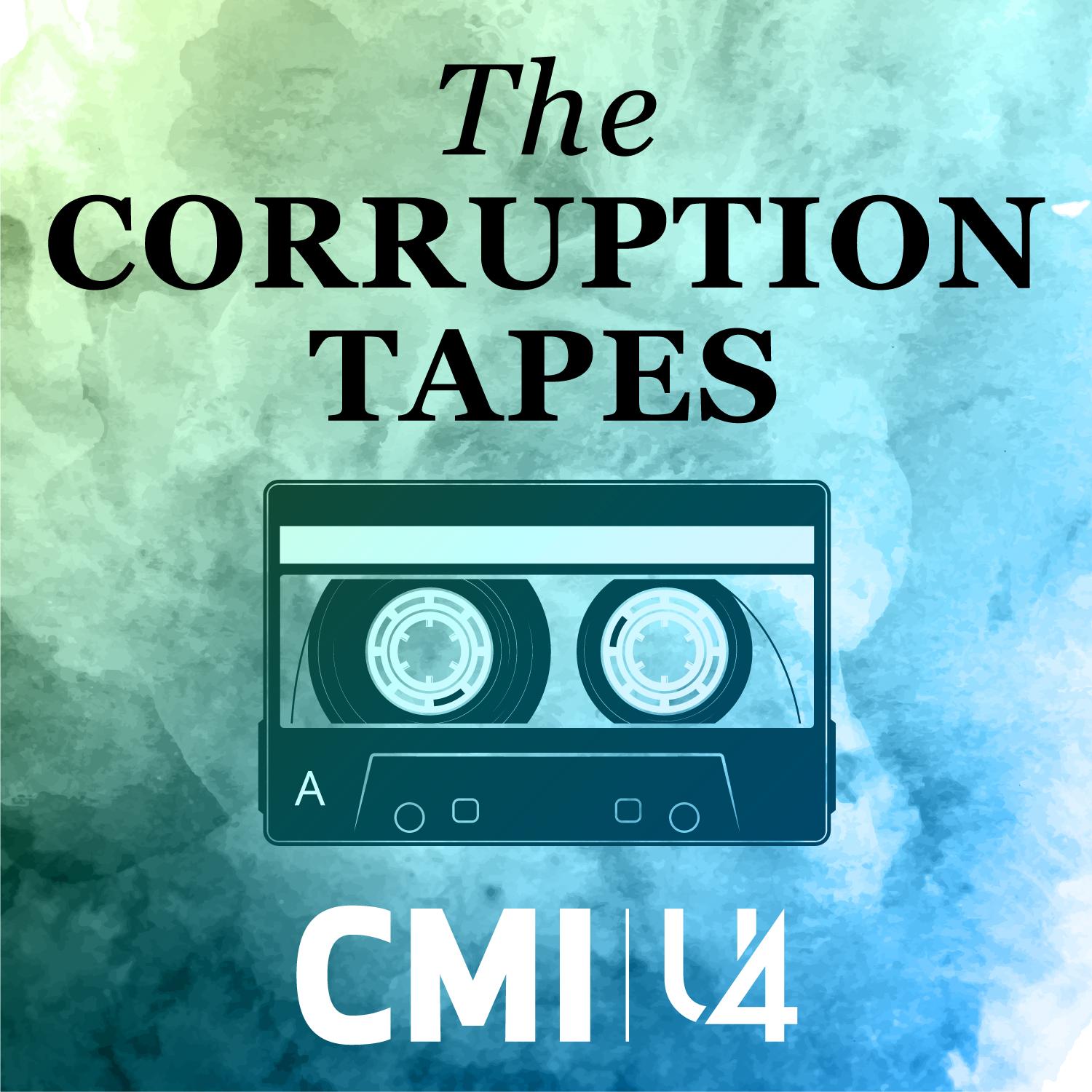Peru has legal frameworks and institutions in place to tackle illegal logging. Despite these measures, deforestation is rampant. Last year alone more than 155 000 hectares of forest disappeared. Why aren’t the authorities succeeding?

Episode 2: Building State Capacity? Anti-Corruption and illegal logging in the Peruvian Amazon. Available on Soundcloud (27 minutes).
In a new episode of the Corruption Tapes podcast, U4 Anti-Corruption Resource Centre and TNRC team members Aled Williams and Camila Gianella are accompanied by Julia Urrunaga, Peru Director of the Environmental Investigation Agency. Together they address what needs to be done to stop illegal logging and associated corruption in Peru, and what we can learn from past failures and successes.
A business built on corruption
Timber is big business in Peru. Every year, vast areas of the Peruvian Amazon are logged, some within the legal frameworks established by Peruvian authorities, some of it, perhaps even the majority, illegally. In a country with strong institutions like the Forest Resources and Wildlife Monitoring Agency (OSINFOR), Peru’s forest inspection agency, and laws that are supposed to counteract illegal logging, how can this happen? Are the institutions and legal frameworks not as strong as we would like to think?
Pervasive corruption in the timber sector is part of the answer, argue Aled Williams and Camila Gianella. Estimates from investigative journalists, a number verified by the former director of the National Forest Service, show that around 80% of timber production in the country has an illegal origin. Timber is not a product that can be easily hidden. It is not a commodity you can simply hide in your suitcase. This means illegal logging is often happening right under the noses of, and sometimes with the blessing of, institutions that are supposed to control it.
OSINFOR has a mandate to control the outtake of timber. But the chain from local logging plans to inspections carried out by national organs is long. And the chain is only as strong as its weakest link. Investigative reporting has shown that the system is vulnerable to bureaucrats who are willing to sign off on fake documents: It could be a private forestry consultant preparing the annual logging plan, it could be a bureaucrat in one of the local forest authority offices, it could be the bureaucrat’s supervisor in the regional office. Or it could be someone at the national level. The end result is that public authorities build their work on a false foundation.
Julia Urrunaga likens the illegal logging industry with the mafia. Public officers who try to expose corruption are met with attacks and threats. The same goes for journalists. Authority figures who have tried to tackle corruption in the sector, like the former OSINFOR director and the former director of the National Forest Service have been forced to resign or simply had their jobs terminated. The illegal timber lobbies are effective and powerful.
Success stories from the rainforest: Joining forces
Despite being up against what seems to be an almost invincible illegal logging industry, conservation actors and the Peruvian authorities have won their fair share of battles. In the Ucayali region, Peruvian authorities have recognized indigenous people extensive rights to control and manage the land they live on. A comprehensive approach to land management has made sure that social conflicts between the indigenous people and the small-scale loggers, who are often simply the weakest link in the illegal logging chain, have been avoided. International NGOs working on conservation efforts have been crucial supporters.
And in the greatest success story in efforts to stop illegal logging so far, Operation Amazonas, cooperation was key. The Peruvian tax and customs authorities acted in collaboration with countries of destination and were able to stop large shipments of illegal timber from going abroad.
Gianella and Urrunaga argue these victories have something in common, and that there are important lessons to be learned from their success stories: Inclusion and cooperation is a winning recipe.
Tune into the latest episode of the Corruption Tapes podcast for a bottom-up insight into how corruption affects natural resources! Available on Soundcloud (27 minutes).
For more resources from the Targeting Natural Resource Corruption project, see:

The podcast is made possible by the generous support of the American people through the United States Agency for International Development (USAID). The contents are the responsibility of the author(s) and do not necessarily reflect the views of USAID, the United States Government, or individual TNRC consortium members.